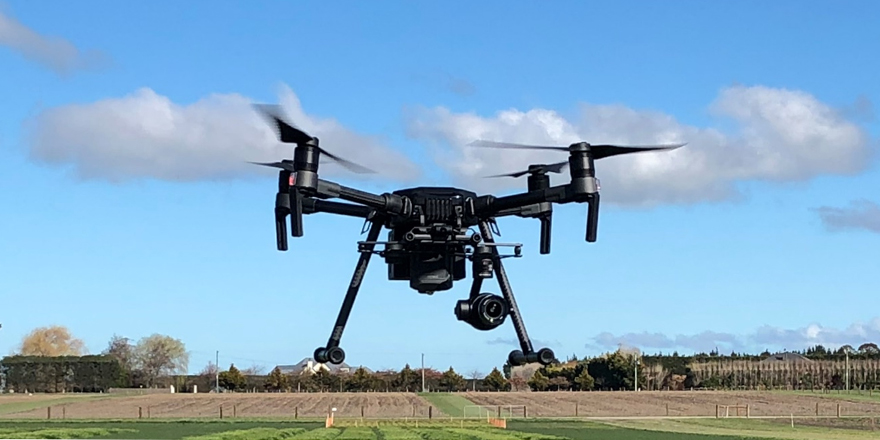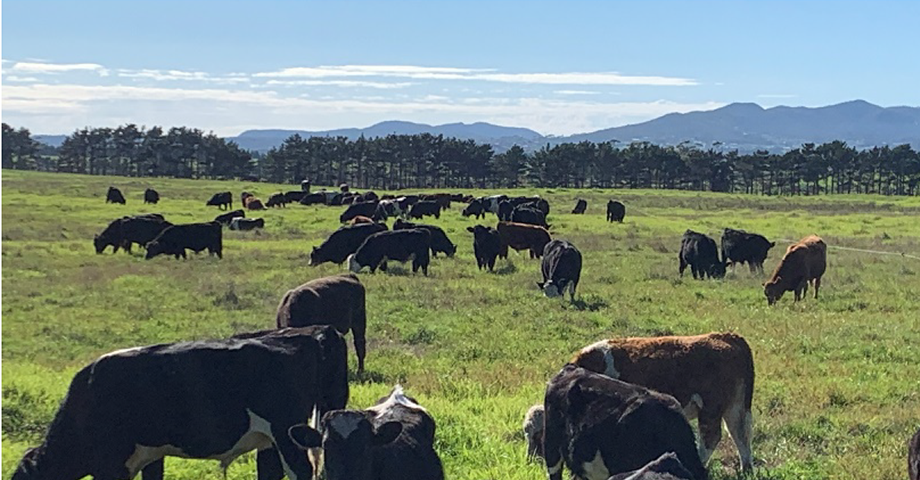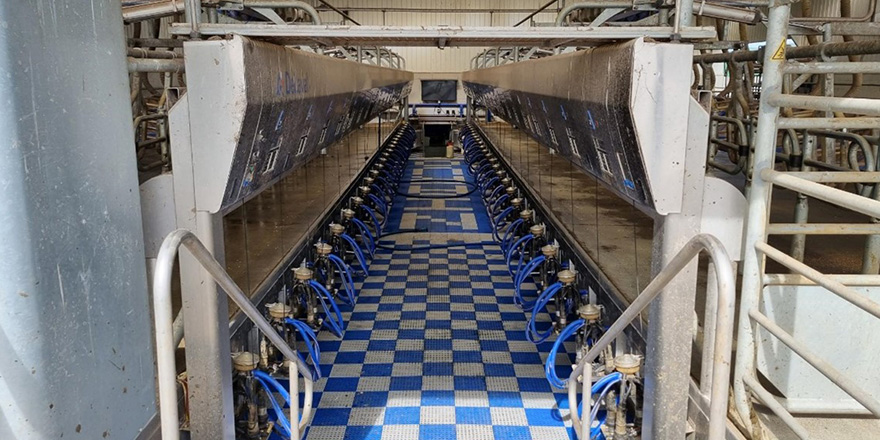
Executive summary
Aims and Objectives
The study examines how New Zealand’s agricultural sector can integrate business strategy, regenerative design, and sustainability legislation to create regenerative farm blueprints that enhance Freshwater Farm Plans. These blueprints aim to thoroughly evaluate environmental impacts and tailor practices to individual farmers’ strengths, promoting sustainable farming methods that preserve freshwater ecosystems and support long-term ecological health, economic viability, and social well-being.
Methodology
This study included a thorough literature review to provide context on sustainable farming practices. A survey with 22 long-answer questions was conducted, divided into seven sections targeting specific aspects of sustainable farming. Insights were gathered from 161 participants in agriculture and scientific fields. Thematic analysis techniques were employed to ensure validity and gain a detailed understanding of participants’ perspectives. The goal was to triangulate knowledge between farming professionals and literature, enabling a SWOT analysis for developing the Regenerative Farming Blueprint.
Key Findings
The thematic analysis revealed several critical themes, providing valuable insights into the study’s problem:
Regenerative Practices: Mentioned 280 times, these practices emphasise holistic management principles and adaptive strategies. Participants noted benefits such as improved soil health and biodiversity but highlighted challenges like financial barriers and resistance to change.
Soil and Water Management: With 1123 mentions, this category was most frequently discussed, underscoring its critical importance. Key themes included soil health, effective water management practices, integration strategies, and significant regulatory and resource challenges. This indicates the need for targeted support and resources to overcome these obstacles.
Biodiversity: This theme, highlighted by 720 mentions, underscores biodiversity’s essential role in ecological health and farm resilience. However, challenges such as cost constraints and a lack of awareness were noted, suggesting increased education and financial incentives were needed.
Legislation and Compliance: Mentioned 177 times; this reflects concerns about regulatory impacts and the necessity for better understanding and support for compliance. This indicates more explicit guidelines and support mechanisms to help farmers meet regulatory requirements.
These findings indicate that while adopting regenerative practices has significant benefits, it also presents considerable challenges that must be addressed through targeted support, education, and financial incentives.
Just some of the recommendations for Farmers
- Identify Relevant Non-Financial KPIs: For comprehensive effectiveness, incorporate metrics like soil health, water usage efficiency, biodiversity, and carbon footprint into business planning.
- Engage Advisory Support: Collaborate with trusted advisors to implement robust non-financial reporting systems tracking sustainability progress.
- Provide Balanced Reporting: Include detailed non-financial reports, such as environmental impact assessments and sustainability audits, alongside financial results for a complete view of farm performance.
Just some of the recommendations for Stakeholders
- Engage Early with Farmers: Proactively communicate about upcoming compliance requirements and provide clear, actionable guidance to ensure early engagement and buy-in.
- Build Advisory Capability: Enhance advisors’ skills and knowledge through specialized training programs focused on regenerative farming techniques and sustainability practices.
- Use Technology Effectively: Invest in advanced technology systems, such as precision agriculture tools and digital platforms, to simplify and streamline farmer reporting processes.
Richard Pedley




